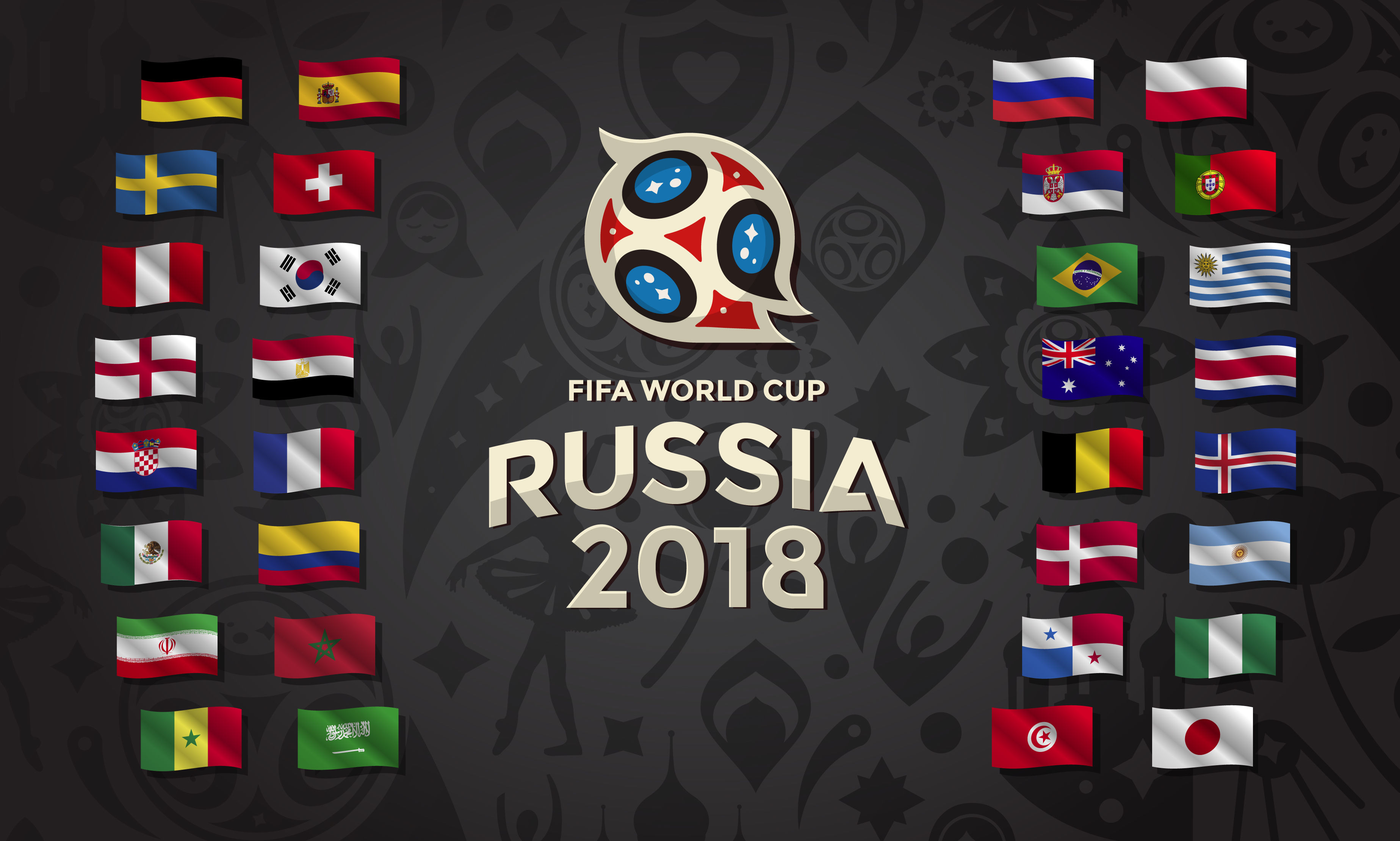When it was announced, back in December 2010, that the 2018 FIFA World Cup would be held in Russia, eyebrows were raised.
The decision was instantly and heavily criticised by the footballing world, given Russia’s prominent internal and external issues, as well as the rumours of bribery in FIFA’s selection process that had been consistent throughout. A report into this very matter was soon commissioned and constructed by American attorneys, but the final document was withheld from public release by FIFA, which caused many inside the English FA to call for a total boycott of the tournament altogether. It seemed as though there was a lot to hide. Fair to say, Russia’s World Cup journey had not began in the fashion they would have liked.
The years in-between the decision and the competition itself did little to improve the situation, either. Cases of discrimination towards many different minority groups seemed to pour out of the nation by the boatload, and the ongoing conflicts with the Ukraine meant that Russia were seen by many as one of the least suited nations to hold the World Cup possible. The unruly violence by Russian ultras at Euro 2016 then confirmed the fears of football fans everywhere – that the greatest show on Earth was soon to be hosted by a nation awash with racism, homophobia, intolerance and hostility. It seemed a disaster was inbound.
However, almost two weeks have passed since Saudi Arabia and Russia got the tournament underway in the opening fixture, and there is nothing negative to report whatsoever – if anything, the Eastern European giants have put on a fantastic spectacle. Safety is paramount both inside and outside the 16 magnificent stadiums selected for use, with unity between fans commonplace in all host cities. The football itself has been hugely entertaining, with many of the tournament’s favourites being frustrated by underdogs aplenty, as well as the showcase of VAR creating many different talking points. Also, a change in refereeing style has lead to more open, engaging matches that have been a joy to watch. As much as it has been a surprise, the taste of humble pie has been surprisingly refreshing.
This will be much to the delight to those inside the Kremlin, no doubt. The hosting of a World Cup was always crucial to Russia’s plans to improve the image of the nation. Organising a memorable, seamless tournament would do a lot to convince the western world that perhaps Europe’s pantomime villain isn’t as bad as everyone had once feared. Classes were held for the competition’s volunteers to learn how to engage ‘correctly’ with travelling fans ahead of the tournament, which was just one of many ways in which the Russian government placed emphasis on giving visiting supporters the best possible experience. Heavy sanctions were also threatened to Russians who’d engage in violent or discriminatory behaviour of any kind – which could be the reasoning behind the country’s far-right remaining unusually quiet over the past week and a half, amidst an influx of fans from all corners of the globe.
Like a swan on water, the competition, on the surface, is progressing rather smoothly. It seems to point to a country misjudged – to be a successful World Cup host is to be welcoming and acceptant of all races and religions, which so far, can be said of Russia. However, beneath the facade the tournament provides, is a nation still evidently scarred by its painful history. Many of the host cities still bear the wounds, as much as they try to conceal them. Volograd – the venue for England’s opening encounter with Tunisa – is the renamed city of Stalingrad, which was the destination for the bloodiest battle of WWII. Nizhny Novgorod, where Argentina were defeated by Croatia, only became open for public access during the 1990s, after it closed its doors to any visitors during the Soviet era to protect its military development facilities from spies. The state of paranoia in the city was crushing – you couldn’t access a street map of the Nizhny until the 1970s. Almost every city selected to host the showcasing of ‘the new Russia’ has a dark, often mysterious past. It is no wonder the country now finds itself rooted in such antedated conservatism.
The World Cup it seems, is a potential turning point for Russia. Opening its doors to the other 31 nations in this tournament will flood the cold, tired nation with newfound life, culture and happiness. The effects that this incredible festival of football can have on a country cannot be underestimated – just look at the after-effects of France ’98. France hosting (and winning) the World Cup united an entire land in an incredible state of euphoria, after years of the country being divided by race and religion. Although the many current issues facing Russia are of a very different type altogether, and admittedly, the magical nature of the World Cup may not solve them all, at least the people of Russia will have experienced the wonders of life outside their homeland. It may bring about a welcomed change, even if it is on the smallest level. Who knows what may happen after the trophy has been lifted, and the floodlights in the Luzhniki Stadium have been switched off for the final time. One thing is for sure however: Russia will never be the same. - fourfourtweet.co.uk




